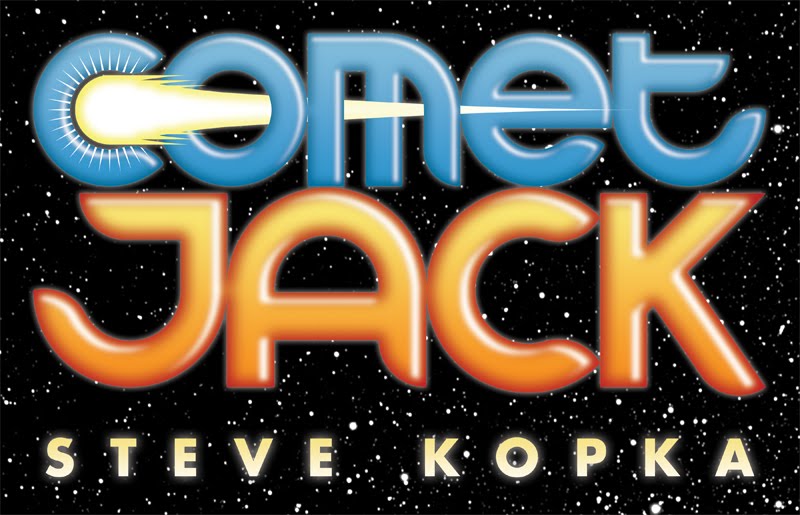 I've just completed an online course in Songwriting. It was fantastic. Like all good classes, the material expands to apply to much more than just songs. The instructor spotlighted lots of concepts that translate well to fiction writing--ratcheting up the drama through instability, rhythm of language, the three act structure (as three verses in this case), and much more. The instructor was Pat Pattison from Berklee College of Music and he started off--BOOM--with Aristotle! How can classic Greek ideas on art not be helpful to those struggling to create it in the Twenty-First Century?
I've just completed an online course in Songwriting. It was fantastic. Like all good classes, the material expands to apply to much more than just songs. The instructor spotlighted lots of concepts that translate well to fiction writing--ratcheting up the drama through instability, rhythm of language, the three act structure (as three verses in this case), and much more. The instructor was Pat Pattison from Berklee College of Music and he started off--BOOM--with Aristotle! How can classic Greek ideas on art not be helpful to those struggling to create it in the Twenty-First Century? |
| Aristotle - Art Analyst |
One of the coolest things Pat Pattison talked about was the idea that all art--including fiction writing and songwriting--employs techniques of creating tension and resolution. In songs, you expect something to rhyme, or a melodic phrase to resolve, and when it doesn't it creates a certain amount of drama. Stretch that out to the perfect length, where the tension is ratcheted up to the point of breaking, and then offer your resolution as relief... that is the ultimate goal of a scene or a song or a book. There are a million ways to do it (and a million ways to screw it up) and taking the songwriting course, I hope, has opened my eyes to a few new tools to use in my own work. It certainly has me listening to some familiar songs in a brand new way.
 Anyway, I highly recommend expanding your horizons with a FREE online course. I've done three from coursera.org (sadly only completing two--my first was a bold attempt to jump into statistics and R programming without the proper prerequisites). It's like going to college for free. Also, you don't need to be college age to do it. You can be older or younger. The course description will tell you what prerequisites you need, but mostly you just need a computer, an internet connection, and a desire to learn.
Anyway, I highly recommend expanding your horizons with a FREE online course. I've done three from coursera.org (sadly only completing two--my first was a bold attempt to jump into statistics and R programming without the proper prerequisites). It's like going to college for free. Also, you don't need to be college age to do it. You can be older or younger. The course description will tell you what prerequisites you need, but mostly you just need a computer, an internet connection, and a desire to learn.All Coursera courses are free, including the ones taught by Berklee instructors. Berklee has its own online school, though the courses there cost money. If you google MOOC, you'll find other free courses from top universities. I love living in the future.
